|
Last month I turned 77 or as a friend put it, I got another chance to go around the sun. I remember when at a younger age, I used to downplay the importance of birthdays calling them “just like any other day” until I heard someone say “maybe to you is just like any other day but tell that to your mom who carried you for 9 months and see how she feels.” As a man, I will never know the pain or experience of life conception or delivery but as a personal reflection, I know the excruciating pain of coming back to life after a ten-day coma due to an open-heart surgery I underwent in 2012. I remember how, after coming out of a 10-day coma my entire body was in shock and frankly I couldn’t tell what hurt and what didn’t, what parts of my body work and what didn’t, but as time went on, my body started to react to the intervention and pain and discomfort set in big time. My mouth felt totally destroyed due to the tube inserted in my throat to keep me alive. My torso had very limited ability to move if at all, my left hand was swollen due to a blood-clot, my restroom necessities were regulated by machines I didn’t even know I was plugged to. Frankly I do not remember ever feeling so vulnerable and afraid as the week I spent in the hospital after the operation. As the pain and discomfort grew so did the realization of the state I was in. This enlightening came to me one night during dinner when my wife said it was my anniversary. I didn’t know what she was referring to so she went on to say “a day like today is when you went through the operation.” To which I responded, “so today is my birthday.” She replied “no, that’s in January.” My reasoning was that if I died and came back to life in February 7th, on that day I should celebrate my second birthday. I borrowed that notion from a labor activist friend whom I met back in the early 80’s during my two years I worked with the United Farm Workers. Constantino Coronel had been a political prisoner for 5 years during the Alfredo Stroessner dictatorship in Paraguay but got rescued by a campaign led by the World Council of Churches and Jimmy Carter. After considerable pressure the government of Paraguay said “we would release him but he died” to which the campaign leaders said “Well, in that case give us his body.” And soon enough they came back and said, “we found him, he is alive, only that he was lost in the system.” As part of his release out of the country, The George Meany Institute and the AFL-CIO were able to gain refugee status for him in the US. However, since his language abilities were limited due to the fact that his primary language was Guarani and Spanish his second language, the Meany Institute people asked UFW leader Cesar Chavez to host him and keep him until they found a permanent place for him. So, as I was working building KUFW (Radio Campesina) for him, Cesar told me he was going to assign him to me. Coronel was an older man severely traumatized due to his imprisonment and being far away from his family and in a strange place where he was hardly able to communicate didn’t make things any easier. We became good friends, took him out for drinks and tours, treated him with respect, and asked for his input in the radio project. That seemed to be an effective therapy since soon enough he’d be singing, telling jokes and so on. This one time the whole radio team was invited to attend a community radio broadcasters conference in New Mexico so we drove from Bakersfield to Albuquerque. After a long trip we decided to go out and celebrate so we got ready for a long night out. I remember going by Coronel’s room to pick him up but he said he didn’t want to go. I insisted every way I could and he finally said he couldn’t go because that day was his birthday to which I exclaimed “What? the better the reason brother, it’s time to party.” Constantino replied “No, you don’t understand, it’s my second birthday,” and with tears in his eyes he said that during his imprisonment he was tortured and regularly beaten by several guards, and when he passed out, they would wake him up with a bucket of water and continue with the beatings. This one day, he said, he was being tortured by two guards, naked and soaking wet on the floor and he just wanted to die. When the guards went out of the room for a smoke break, he reached out for a metal wire that looked like a large paper clip and with his feet and hands tied he crawled towards an electricity outlet and with extreme difficulty he tried to insert the wires into the outlet in an effort to commit suicide. At that, the guards came back in and pulling him away continued with the beatings. “I should have died that day” he said “but I didn’t, that’s why I called it my second birthday.” During our time together, we learned a lot from him. Perhaps the best lesson was that while there is life there is hope. Coronel eventually returned to his country where he enjoys his family and continues to inspire new generations of activists. This memoir first appeared in Democracy Chronicles, February 14, 2021. 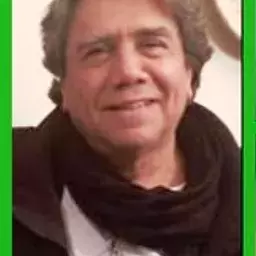 Julio César Guerrero earned two Master’s degrees in social work and telecommunications at the University of Michigan. He spent many years teaching in the Michigan University system, he also has ample experience as a journalist, student services, classroom teaching, community organization and development, social and human services, nonprofit and human services administration, community and media relations, diversity training, outreach, and recruitment. Most recently, Guerrero worked nonstop as the national coordinator for Caravana43, an international support network for the Ayotzinapa families of the 43 forcibly disappeared students in Guerrero, Mexico, when they made their tour through the United States.
0 Comments
Interview with Jesús J. Barquet |
Archives
June 2024
Categories
All
|
Donate and Make Literature Happen
is published by the Somos En Escrito Literary Foundation,
a 501 (c) (3) non-profit, tax-exempt corporation. EIN 81-3162209

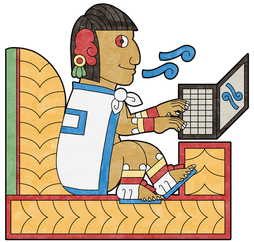
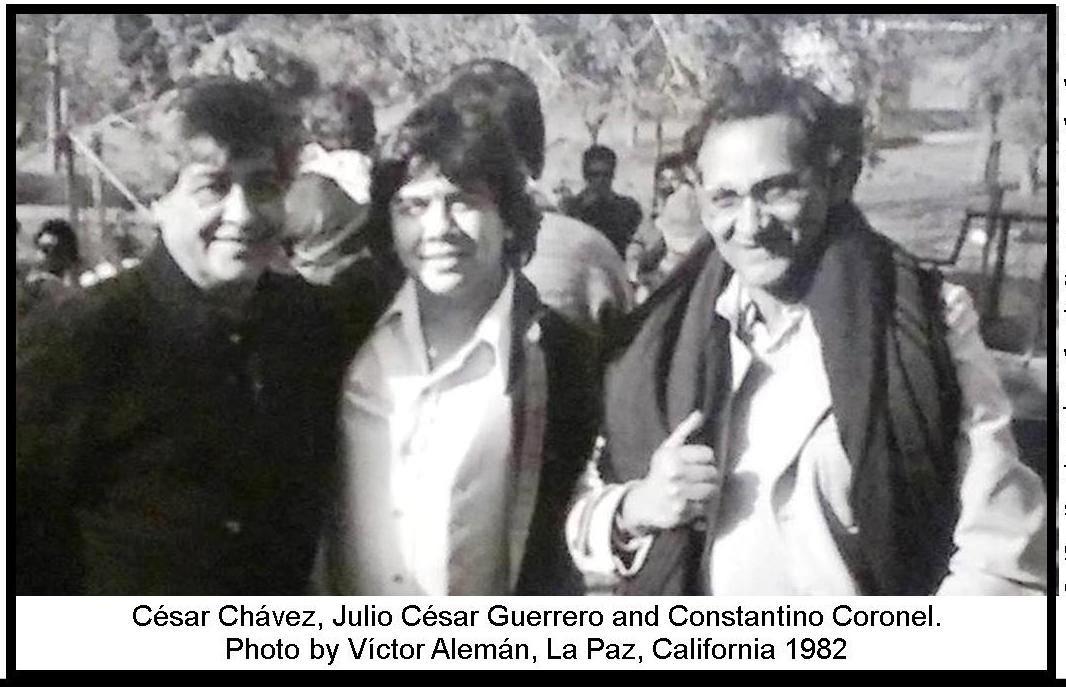
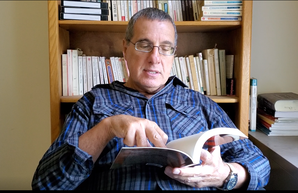
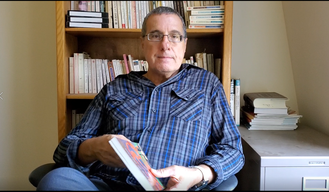
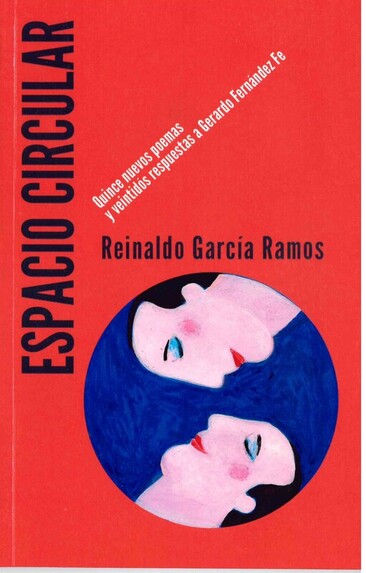
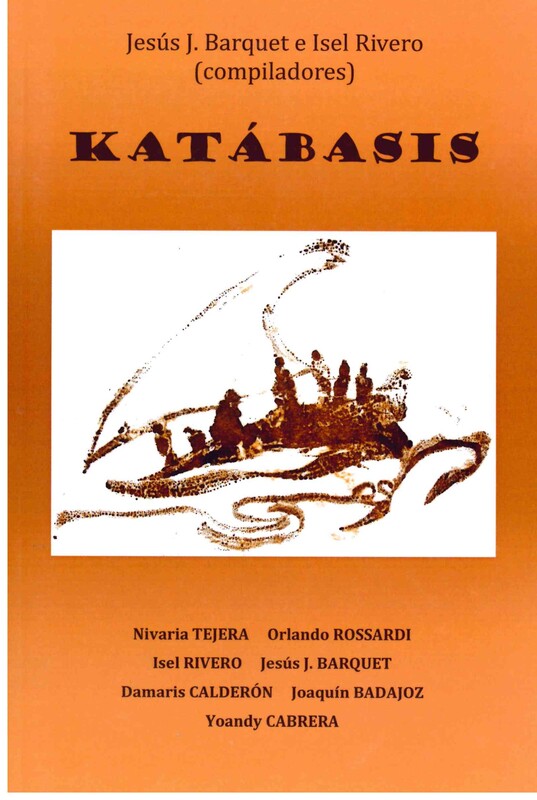
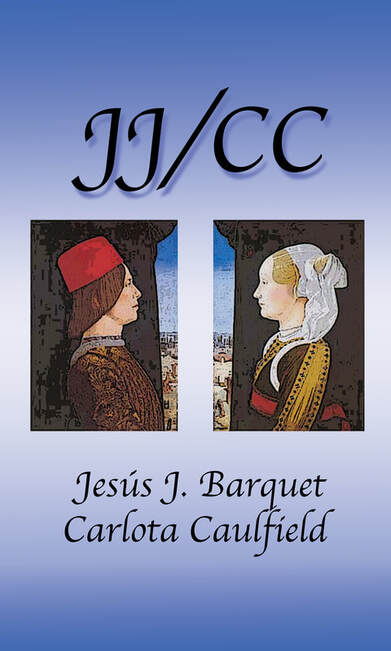
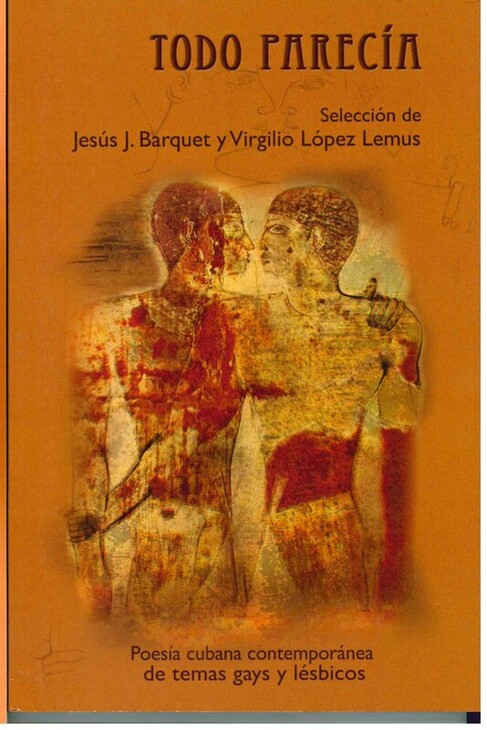
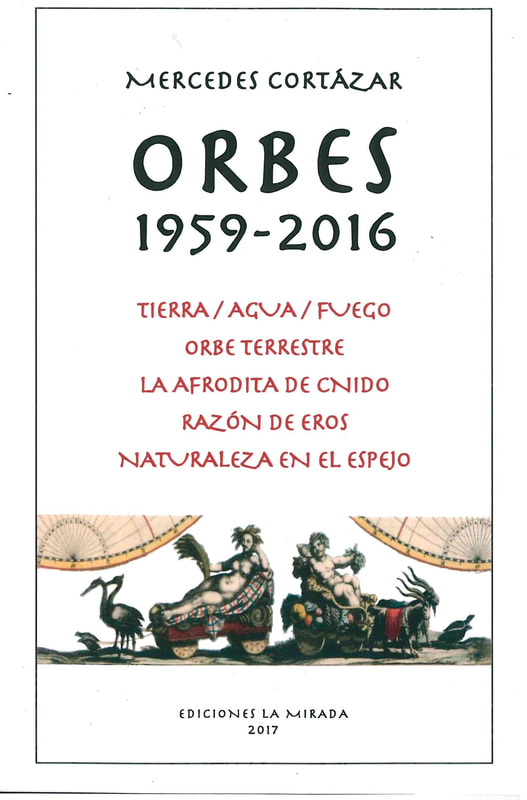
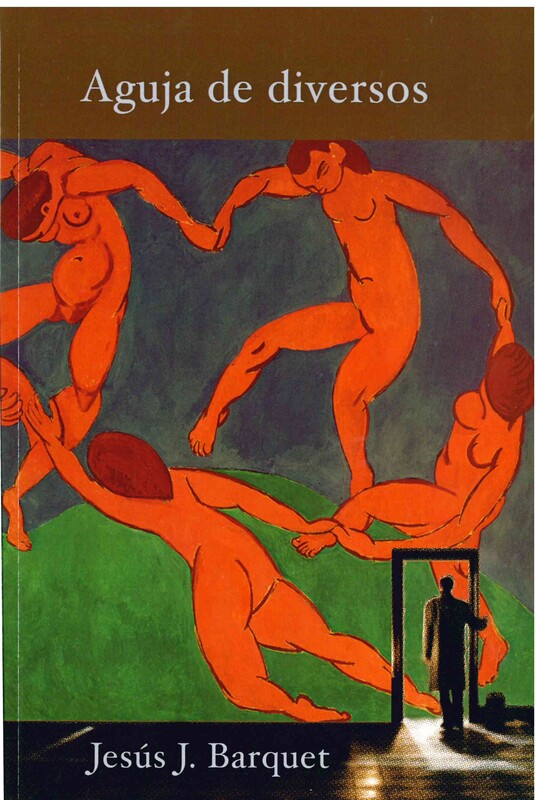
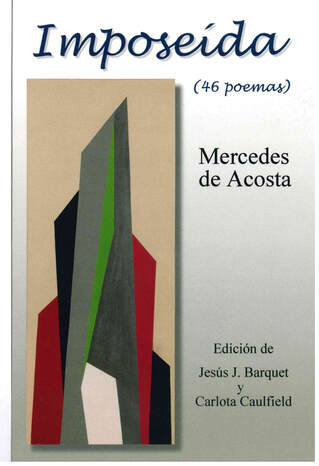
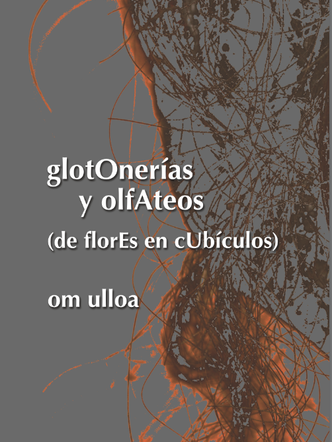
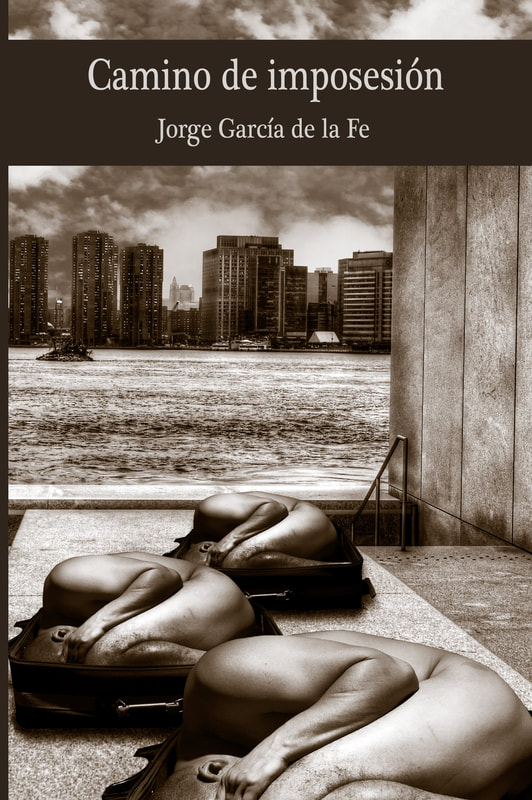
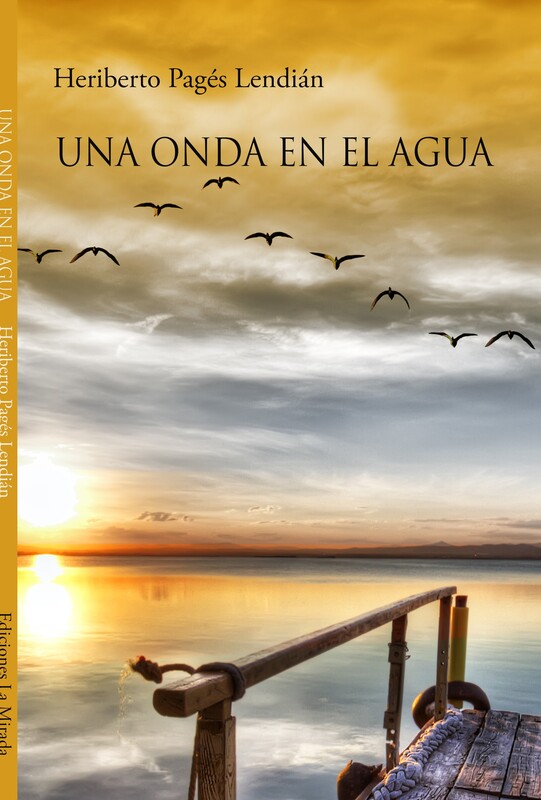
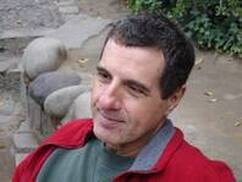
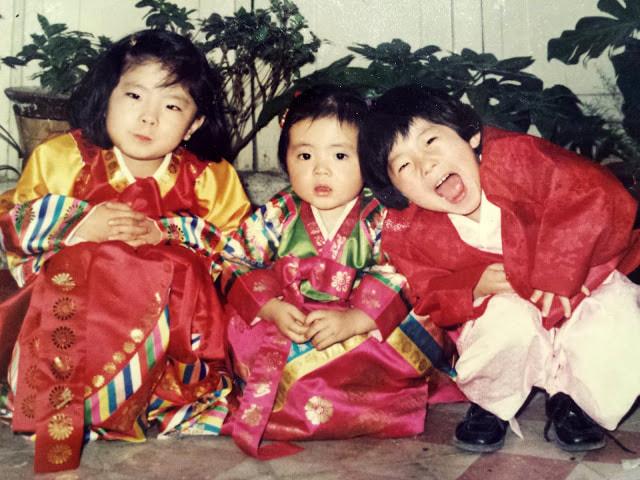
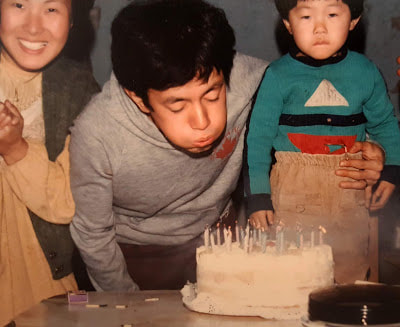
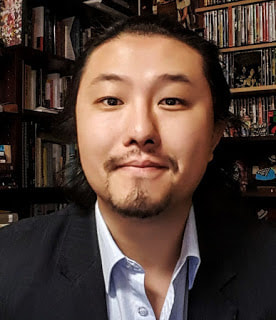

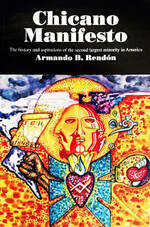
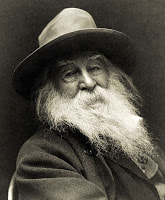
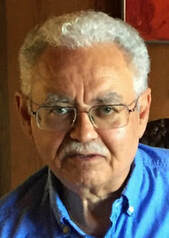

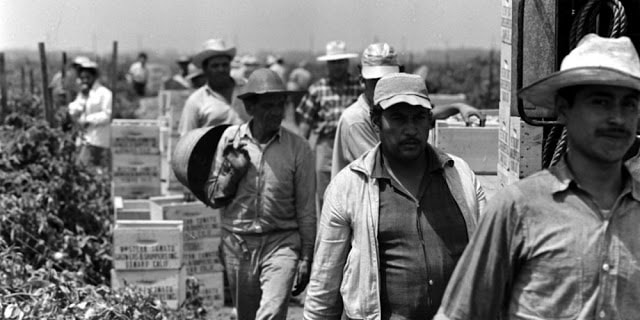
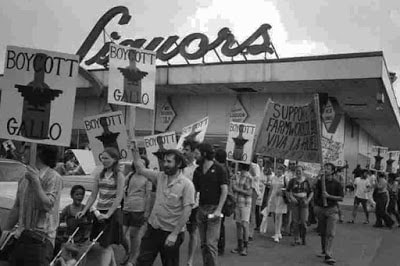
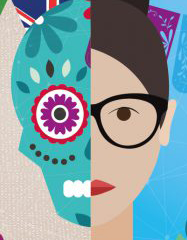
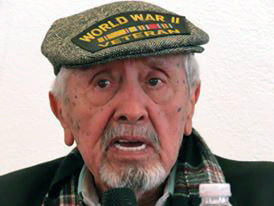

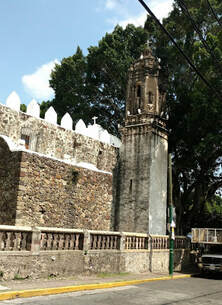
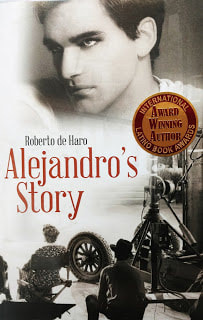
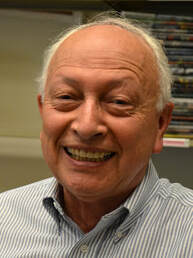

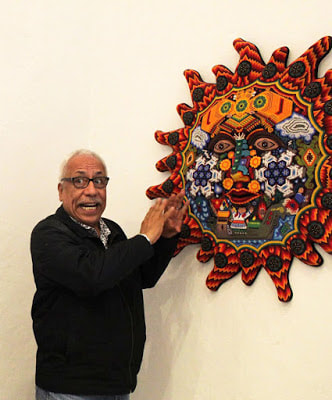
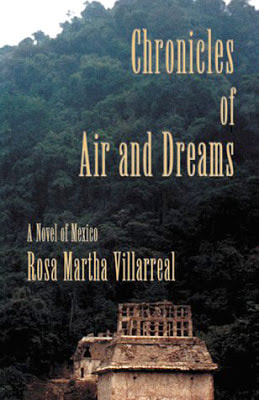
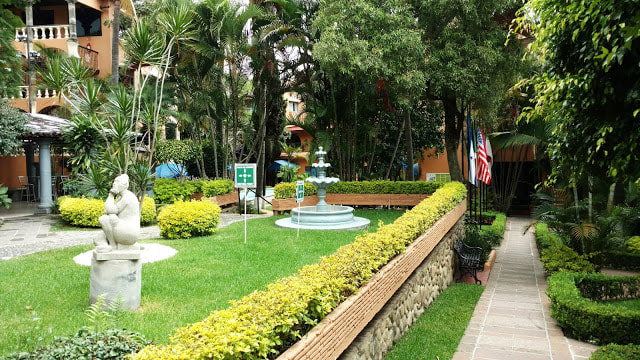
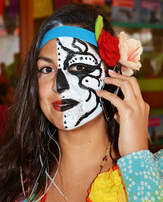
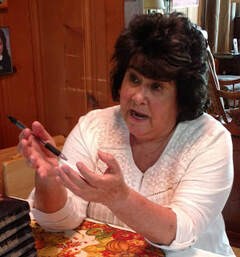
 RSS Feed
RSS Feed